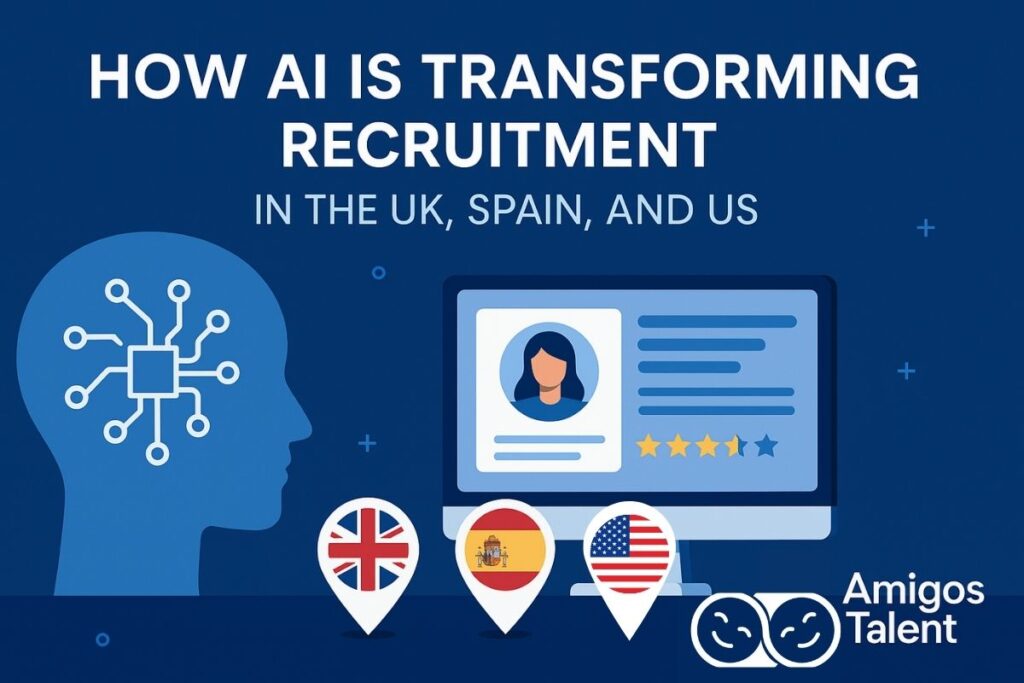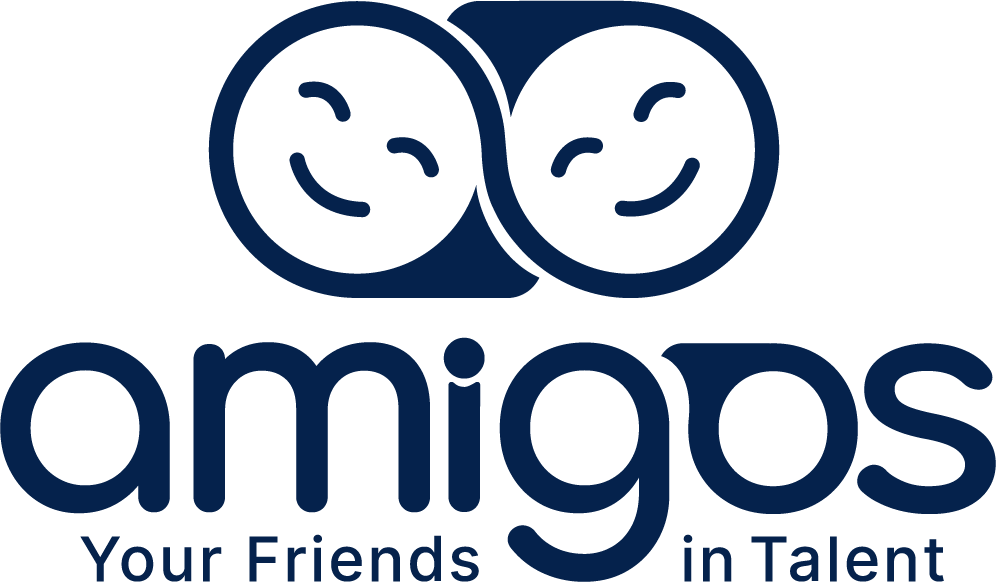In the past few weeks, three significant developments have highlighted how AI is reshaping both tech employment and hiring practices across key global markets: the UK, Spain, and the US.
Let’s start with Microsoft. The tech giant recently confirmed thousands of layoffs in July—on top of the 6,000 jobs cut in May—as it pivots aggressively towards AI and data centre expansion. In both the US and UK, this reflects a trend we’re seeing across tech: roles are shifting, not disappearing. Entry-level hiring is shrinking, but demand for AI-savvy professionals is surging. In Spain, where digital transformation is still maturing across many sectors, this shift presents a unique opportunity for small and mid-sized businesses to leapfrog with AI tools—if they’re proactive.
At the same time, AI-driven CV screening is becoming mainstream. Companies like Salesforce, Google and McKinsey now rely on AI to detect keywords, identify top talent, and re-engage previous candidates. These tools are gaining traction in the US and UK, but Spain is catching up, especially in international firms based in Barcelona and Madrid. However, as adoption grows, so do concerns: will these systems amplify hidden bias? (Amazon had a similar problem a few years ago). What does compliance look like under GDPR, the EU AI Act, and differing US state laws?
Then there’s the broader market growth. The global AI recruitment tech sector, currently valued at $618 million, is projected to exceed $1.1 billion by 2033. Tools like Iris (rapid CV matching), Snorkel AI (data labelling), and Murf AI (multilingual voice synthesis) are making recruitment faster, smarter, and more inclusive .
- In the UK, this means pressure on traditional recruitment models to modernise. Agencies that blend AI with human insight will thrive; those that don’t may get left behind.
- In Spain, the use of AI in hiring is being driven by the startup ecosystem and international firms. With many companies still hiring manually, the opportunity to stand out through efficiency and better candidate experience is real.
- In the US, where adoption is faster but regulation is patchy, the challenge is navigating a fragmented compliance landscape while maintaining trust.
What should business leaders do now?
- Audit your tools: Ensure transparency, fairness and compliance in every platform.
- Upskill your team: Recruitment professionals will need to work with AI, not against it.
- Balance automation and empathy: Use tech to streamline, but not to depersonalise.
In short, AI is here to stay—but how we integrate it matters. Across the UK, Spain and the US, the winners won’t be the fastest adopters—they’ll be the most thoughtful ones.
Want to explore how AI can enhance your hiring strategy?
Get in touch with Jamie or the Amigos team to discover how to hire better, faster, and fairer.

